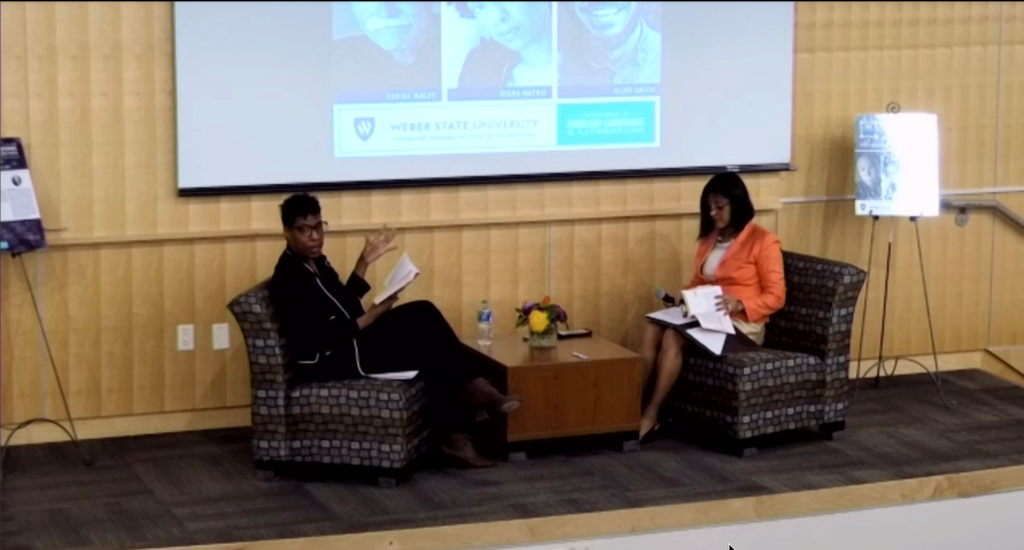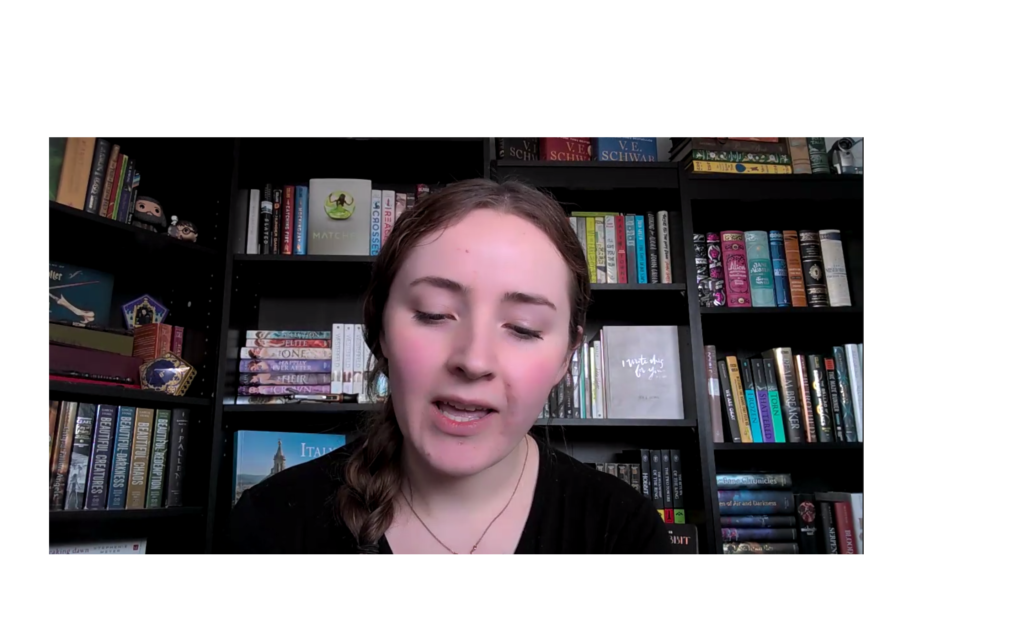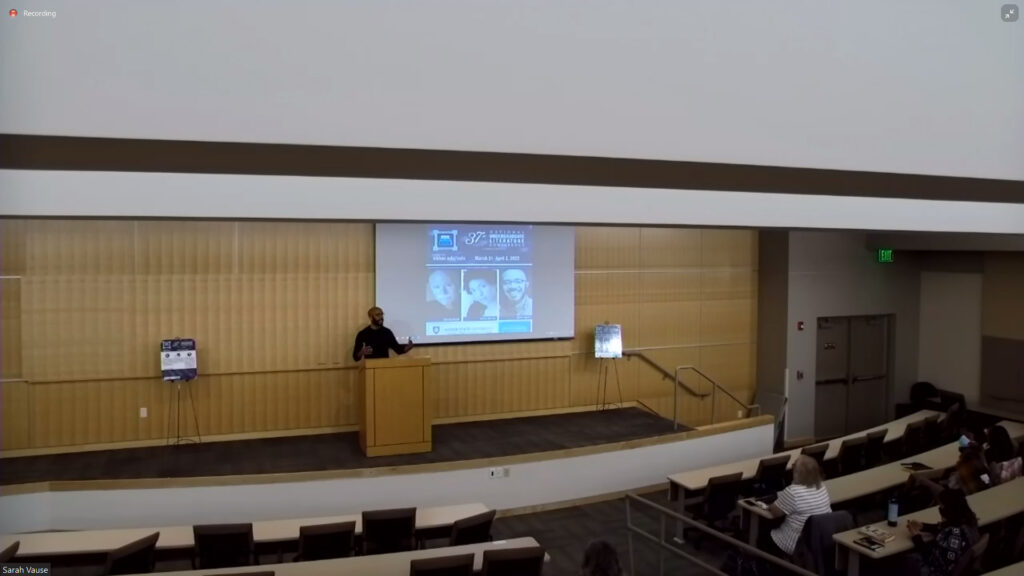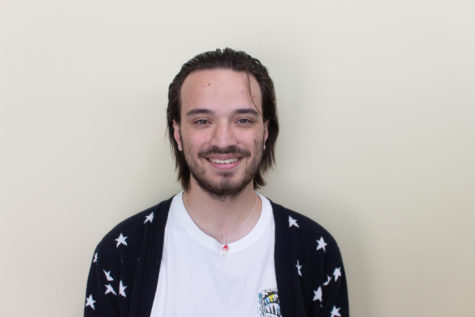Aspiring writers from across the country gathered to present all types of literature, from poetry to creative nonfiction, at the 37th annual National Undergraduate Literature Conference.

The event opened on March 31 with the welcome and keynote speaker, award-winning author Clint Smith.
Sarah Vause, co-director, moderator and professor, said she loves the NULC because it is an opportunity to be able to “help undergraduates recognize how important their work is right now to showcase the amazing work that our students are doing at an undergraduate level.”
Vause further described how, through the years, the event has remained a wonderful opportunity. She wishes to continue the legacy of her father, Mike Vause, when he eventually retires.
Megan Van Deventer, moderator and professor, shared Vause’s sentiments on the joy the conference brings to visitors from outside of Weber State.
“It really extends beyond the Weber community. It’s such a Weber-based celebration of humanities, written work, sharing work with others, experiencing literature and community,” Van Deventer said.
She continued how she sees Weber as a leader in literature, inviting scholars and interacting with others.
Van Deventer also spoke on how the different author events each year are an incredible opportunity.
“They are always people who are current, relevant, published, wonderful speakers and I always find listening to them sustains me in my own work,” Van Deventer said.
She also stated how this aspect of NULC sets it apart by doing this work on a national level.
Emily Petersen, assistant professor and moderator, also found these speakers to be very beneficial as well alongside meeting students from other schools.
“She was coming up to the conference and wanted to chat with me about some of my research and the work she was doing and I go to connect with her,” Petersen said.

Alyssa Foxley, a senior English major, attended and presented for the first time this year. Foxley felt sad for only applying her last year before graduating, wishing she had participated in past years.
She expressed her excitement to hear her fellow undergraduates’ work. Being used to analyzing published authors in her course work, she found listening to her peers was refreshing.
“You get a conference like this and it’s always people who are in the same boat as me,” Foxley said.
Hearing work form students reminded her that literature is not only for historic authors but for students as well.
When asked about students like Foxley who haven’t been involved yet, Van Deventer explained how rewarding the conference is.
“To perfect a work, to present your work with a supportive audience, those scholarly activities are highly rewarding,” Deventer said.
Petersen continued the idea of students receiving feedback on their work.
“That give and take with the audience with questions and answers should lead to improvement,” Petersen said.
Vause added on to this by pushing students to submit and not miss on the opportunity.
“Everybody has a story that is worth sharing,” Vause said. “The more we are able to listen to individual stories and give people the space and time and safety to share who they are has a huge impact on how we treat other people. To be able to promote that is a really cool thing.”





















